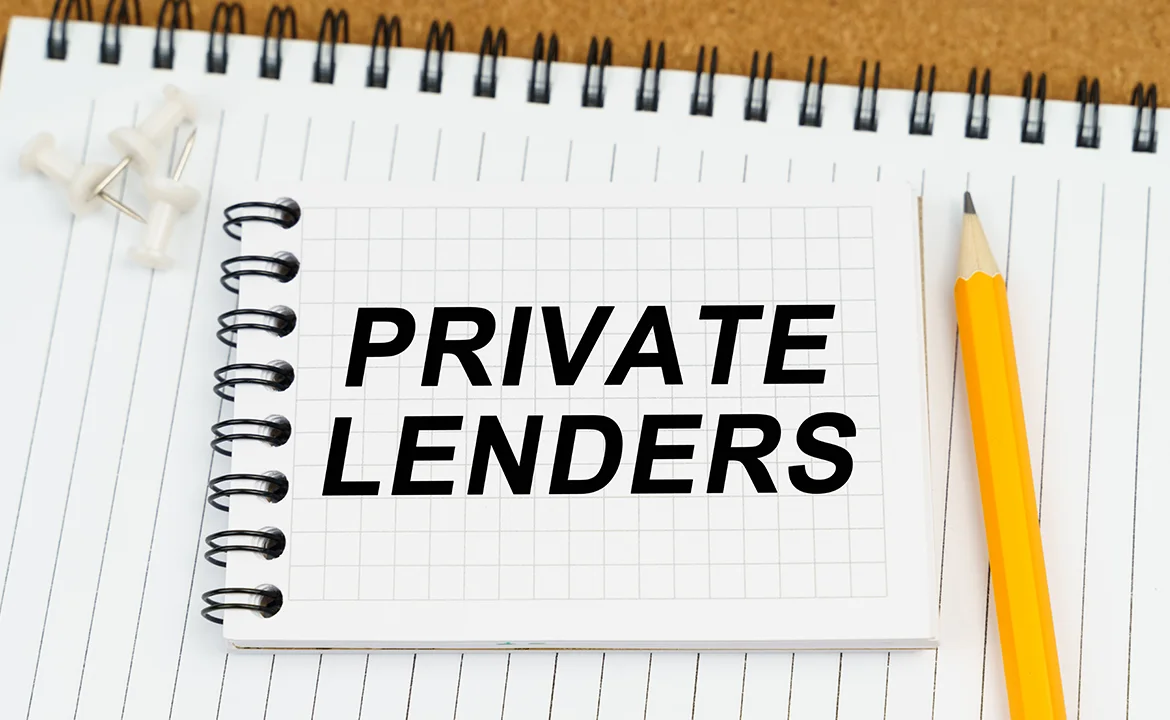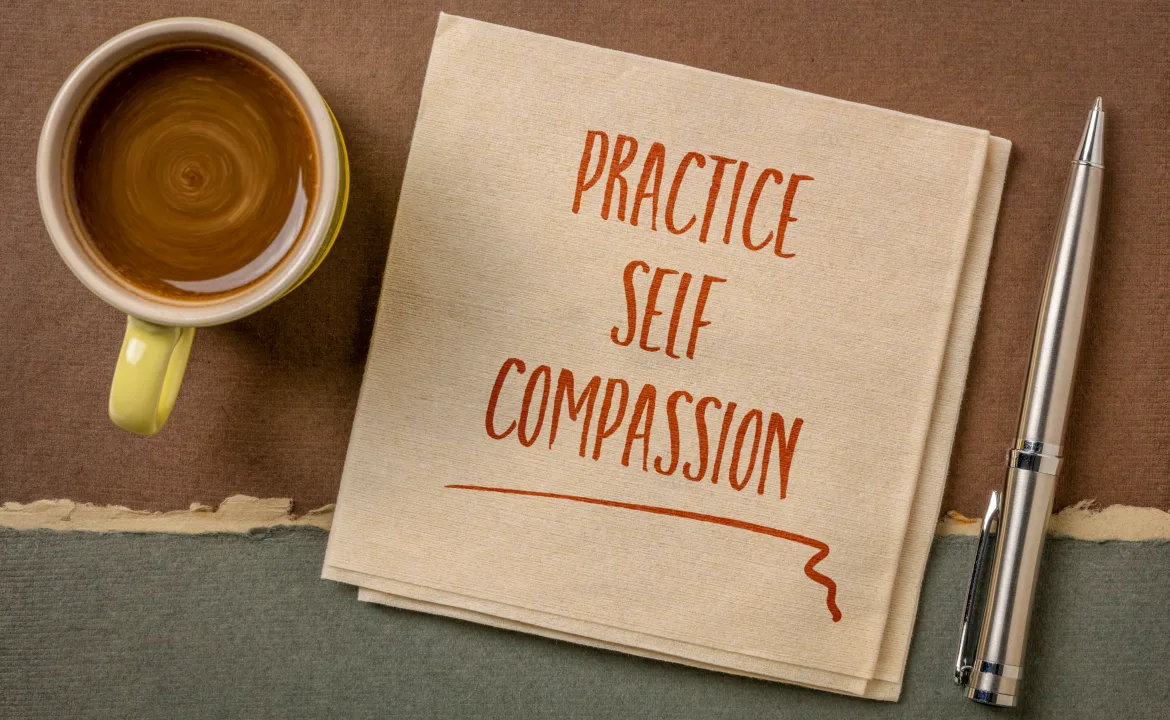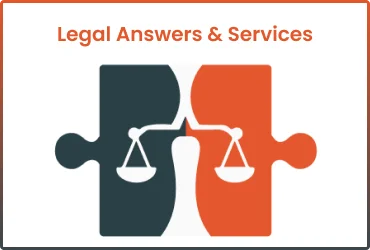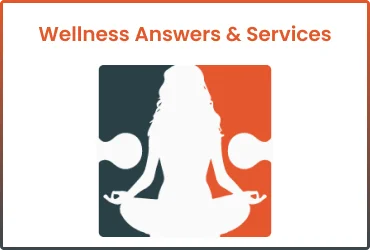Getting married is easy. Getting divorced is hard. Thankfully, divorce mediation has made the process of divorce much less stressful and costly than litigating your divorce in court.
According to the Civil Mediation Council, 75-80% of cases settle on the day of the mediation itself, and another 10-15% settle shortly after.
Divorce Mediation has grown in popularity over the past 20 years, and for good reason.
This article covers the basics of divorce mediation. You will learn how mediation has evolved and the advantages of mediating divorce rather than litigating your case in court.
The Evolution of Divorce
The way we divorce has been evolving for years. In past times, divorce was impossible. Then, the law changed to allow divorce for adultery, cruelty, or desertion. Still, the spouse had to prove these claims to terminate the marriage.
Thanks to no-fault divorce, in most states, you are no longer required to prove fault to dissolve your marriage. The parties only need to legally assert there are irreconcilable differences between the parties to end the marriage.
But that’s the only uncomplicated part. If one or both parties want to litigate specific issues of the divorce, they have the right to do so, and the court has the power to manage all phases of the divorce litigation, including trial.
This means your case will be adversarial, expensive, and stressful for all parties, including the children. This is especially true if the parties choose to litigate child support and custody issues.
Divorce Court – Adversarial Process
Trial Courts View the Parties as Adversaries
The trial courts have traditionally and still do view the litigants to divorce as adversaries. The result is that it pins one spouse against the other, emotionally damaging the parents and the children.
Litigating your divorce involves completing many forms and being forced to divulge personal and financial information. Those forms are filed with the court and served on your spouse, who is now officially your adversary.
The Misery of Divorce Litigation
Whatever the marriage was like, the cost of treating your husband or wife as an adversary in a legal proceeding will be emotionally charged and often crippling financially for both sides.
The only winners are the lawyers – and most of them hate their work and see themselves as caretakers of misery.
The Court Controls of All Divorce Issues
The court will exert strict control over custody, parenting, and child-support arrangements if there are young children. Too many parents fail to appreciate the profound emotional ties between a child and their parent until the family unit ends.
For children, a divorce can feel like an “atom bomb” in their lives, and the emotional scars it causes can last well into their adult years.
The Mediated Divorce Option
Without giving up your rights or your lawyer to help you understand and navigate the complexity of the divorce process, you can achieve the dissolution of your marriage without adding to the anxiety and emotional damage while minimizing the expense.
What Does a Mediator Do?
The divorce mediator’s primary objective is to assist and facilitate a mutually acceptable resolution to the party’s differences.
The mediator does not represent the interests of either spouse. Instead, it is the official role of the mediator to function as an unbiased referee between the parties and, in most cases, with the advice and consent of their counsel.
What Happens at The Mediation?
The mediator usually begins the mediation session by explaining the mediation process. It is customary for the mediator to explain the divorce law process to the parties and the probable outcomes if they cannot resolve their disputes in mediation.
Mediation sessions also provide a safe platform to discuss sensitive issues like domestic violence, which can significantly influence decisions on child custody, property division, and spousal support. This approach ensures that all aspects are considered carefully and respectfully, promoting a fair and comprehensive resolution.
The experienced divorce mediator will make a convincing argument that the parties have a valuable opportunity to solve their differences in mediation rather than have a stranger, usually a divorce judge, make those decisions for them.
The divorce mediator will likely focus on persuading the couple to reach their own agreement on key custodial and property-division rights and avoid the risks and expenses of going to trial.
The Marital Settlement Agreement
The Collaborative Divorce Process
In the collaborative divorce process, a successful mediation leads to an uncontested divorce where both parties agree on the essential terms laid out in the mediation agreement, including the division of financial assets. This agreement is then formalized in the final divorce decree, ensuring a swift and equitable resolution.
During mediation sessions, divorcing spouses work together to formulate a divorce settlement agreement that addresses critical issues such as spousal support and child custody. The process typically involves a series of four-way meetings between the couple and their collaboratively trained attorneys.
These meetings provide a structured environment for open communication, negotiation, and problem-solving. Neutral professionals, such as child psychologists, mental health counselors, financial advisors, and divorce coaches, may also be brought into the collaborative team as needed.
Sometimes, a spouse, usually the mother, insists on having sole legal and physical custody of the children. Having a divorce coach present can explain to that spouse how courts normally rule on one parent having sole custody of the children and how the children can easily become alienated from the other parent.
Divorce Tip
The collaborative process can also help the parents develop a post-divorce co-parenting plan for them to follow.
If the divorce mediation is successful, the mediator will often draft a mutually agreed-upon settlement agreement. A copy of the draft settlement agreement is provided to each party and their counsel for review to ensure it accurately and legally reflects the essential terms and conditions of the settlement.
It should be noted that in most states the mediator has the legal power to legally bind the agreement on both parties.
Common Objections to Mediation
Both our lawyers are settlement-minded, so why should we spend more money by hiring a mediator?
Being an advocate often causes a lawyer to respond aggressively or initiate preemptive strikes that the other party finds threatening. It is difficult for a divorce lawyer to take care of a client and play the role of a mediator at the same time.
Mediation may be unnecessary if the lawyers can work together and settle the case quickly, amicably, and inexpensively. In truth, this rarely happens.
One way to view the mediator’s role is like taking out an insurance policy that safeguards the neutrality of the process. Having a mediator ensures you will benefit from a trained problem-solver who has the respect of the attorneys and is uniquely situated to rein in the attorneys should they assume an overly adversarial and non-constructive posture.
Isn’t mediation just another form of dual representation, with all the limitations that conflicts create?
Unless there is a written waiver from all parties, a single lawyer must withdraw from representing two clients when conflicts appear irreconcilable. Conflicts, real or apparent, are generally present in virtually all dual representation situations.
As a neutral third party, the mediator represents neither party.
Can mediation help couples that are bent on being vindictive and uncooperative?
Since over 90 percent of cases settle, the issue isn’t whether it will settle but when, how, and for how much. Many jurisdictions now have mandatory mediation on both parenting and economic issues.
In litigation horror stories, lawyers are often the victims, left with a lost stomach lining, unsatisfied clients, and unpaid receivables.
A primary but less-known role of mediators is to provide consensual case management, which can impose some structure on the chaos and still give lawyers the freedom of traditional advocacy that judicial case management can remove.
How do divorce mediators justify their fees?
Some divorce mediators may overcharge, and others may not produce a process or result worth the expenditure. However, even with the use of a mediator and independent consulting lawyers, the cost of a mediated divorce is usually far lower than a case directly negotiated between two adversarial lawyers.
It is undoubtedly lower than litigated divorces. Even co-mediated divorces do not increase fees compared to mediated divorces. Parties may benefit from an interdisciplinary team that can often settle faster and more comprehensively than working with a sole mediator.
I know that mediators should not give legal advice. How can parties make a meaningful agreement if they don’t know the law?
You are correct that a neutral mediator should not give legal advice – that is, tell the client what to do or what decisions to make. However, mediators differ in the amount of legal information they provide the parties.
The Benefits of Divorce by Mediation
A mediated divorce is an intelligent and drama-free way of reaching a final resolution in your marriage. In fact, most courts across the country encourage mediation. A mediated divorce is a practical and healthy choice for divorcing couples.
It helps avoid the stress of litigation, saves money, and is thorough and quick yet offers all the professional help you may need to safeguard your rights and protect your children.
Less Expensive
A mediated divorce is less expensive because it’s faster and more direct. Most couples come to mediation willing to work on the issues and to learn how to communicate better.
That means a less expensive divorce because reaching an agreement is always cheaper than fighting it out at trial.
Mediation sessions led by a seasoned family law attorney typically reduce the overall divorce mediation cost compared to traditional divorce litigation. This collaborative divorce approach not only minimizes financial strain but also fosters a more amicable resolution.
Less Lawyer Time Means Less Money Spent
In mediation, your lawyer is focused on your case and has one purpose: mediating it. The cost of your attorney’s billable time is only a small fraction compared to litigating the case through trial.
Your lawyer does not spend hours in court waiting for the judge to hear your case or at their office, billing for numerous phone calls and drafting motions in preparation for trial. Their fees are always lower in a mediated divorce than in a litigated divorce that ends in trial.
Scheduling When You Mediate Is Controlled by The Parties
Parties won’t have to wait a year or more for a court trial. Mediations usually take a month or two, depending on the mediator’s schedule. Sometimes much less.
Parties Can Work Out the Details Without Court Pressure
The entire process can be over in hours in simple matters or a few weeks for more complicated issues if the parties are willing to focus on their mediation and do the necessary work. This quick resolution allows people to move on with their lives relatively quickly.
Divorce Mediation Lets the Parties Control the Process, Pace, and Outcome
Parties can choose to make initial interim agreements in mediation and then put the matter on hold for months until they are ready to start discussions for a final settlement.
Parties Stay in Control of The Process
A significant advantage of divorce mediation is that the parties can control the order of the process. For example, they can do so if they wish to wait a few weeks or months following the separation.
They can also do so if they want to use mediation while still in the same home to plan their separation long before any court involvement has commenced.
Parties Can Move at Their Own Pace
Often, couples should have a temporary respite following the separation, holding off on mediation until both are emotionally ready to begin. The parties can (and should) use the mediation process to obtain necessary information and expert input to make informed decisions.
Parties Retain Control Over the Outcome
Divorce mediation is a way to accomplish your divorce that allows the couple to retain complete control of the outcome, both custody and care of any children, and the property settlement issues.
A mediated divorce is accomplished with your attorney, and if other professionals are needed, the mediator will suggest them. The mediator and the party’s lawyers are there to help, offer information and suggestions, and use specialized training to assist the two of you in writing up an agreement that is fair to both of you and in the best interests of any children.
Mediation Divorce Lawyers
If you have any additional questions or concerns, contact a divorce lawyer with substantial experience in the divorce mediation process.




























